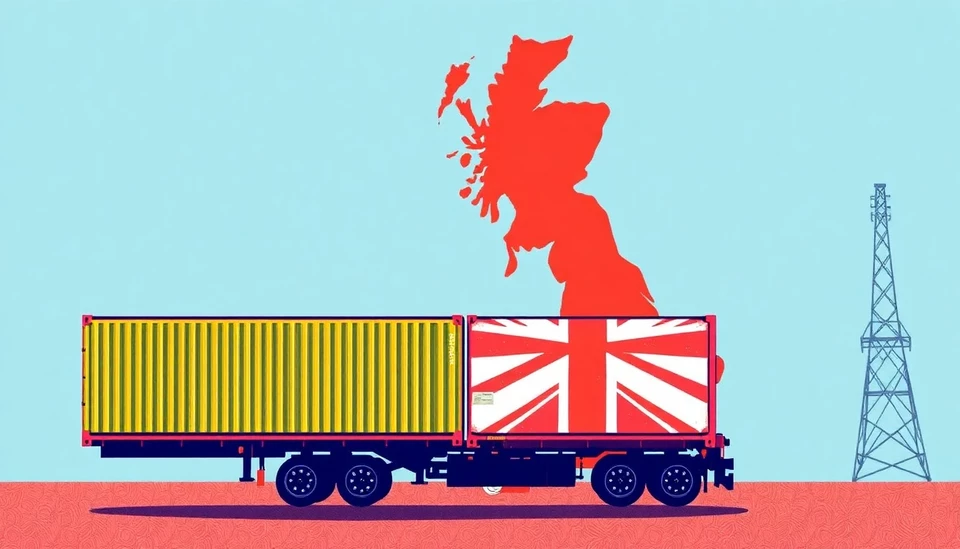
In a significant turn of events following the recent announcement of tariffs by former President Donald Trump, UK companies may find themselves in a prime position to enhance their competitive standing in the global market. As international trade dynamics shift, these tariffs might inadvertently favor British businesses, opening new avenues for growth and market share.
The context of Trump's tariffs predominantly revolves around efforts to protect American industries, particularly steel and aluminum. As the U.S. government implements these new tariffs, companies in countries that are affected may face higher costs and decreased market access in the U.S. However, this presents a unique opportunity for UK firms, as they could step in to fill the void left by American manufacturers struggling under the weight of rising tariffs.
Experts suggest that British manufacturers, particularly those in the construction and automobile sectors, stand to benefit from this seismic shift. With U.S. producers potentially hampered by increased costs and reduced competitiveness, UK companies could capture a larger share of the market both domestically and beyond. For example, British steel producers could see renewed demand from U.S. firms looking for reliable and cost-effective alternatives to domestically produced steel hit by tariffs.
Moreover, UK firms that were previously at a disadvantage due to logistical and shipping costs may find new pathways to success. As U.S. companies look for suppliers outside of their borders to evade tariffs, British companies can showcase their capabilities to provide high-quality products at competitive prices, thus solidifying their presence in the transatlantic market.
However, there are also concerns that not all sectors may gain equally from these changes. Some industries may still face challenges due to increased competition and the inherent complexities of navigating international trade regulations. Yet, the overall sentiment is that these tariffs tend to create a ripple effect that could lead to a more favorable operating environment for UK businesses.
As companies strategize their next moves, government support for target industries could further enhance the opportunities created by these tariffs. Initiatives aimed at boosting innovation and ensuring that British firms can compete effectively on the world stage will be vital in capitalizing on this newfound edge.
In summary, while the imposition of tariffs by the Trump administration may have been designed primarily to protect American interests, it is the UK companies that are likely to reap the benefits. By adapting to the changes in the market and seizing new opportunities, they stand on the precipice of a potential competitive advantage that could transform their prospects significantly.
This development in international trade highlights the unpredictable nature of global business and the need for agility among firms looking to thrive in such an environment. As the situation evolves, it will be interesting to see how UK companies navigate these changes and what measures they implement to ensure long-term sustainability and growth.
#TrumpTariffs #UKBusiness #GlobalTrade #Manufacturing #EconomicGrowth #BritishCompanies #TradeDynamics #CompetitiveAdvantage #IndustryInsights
Author: Rachel Greene




